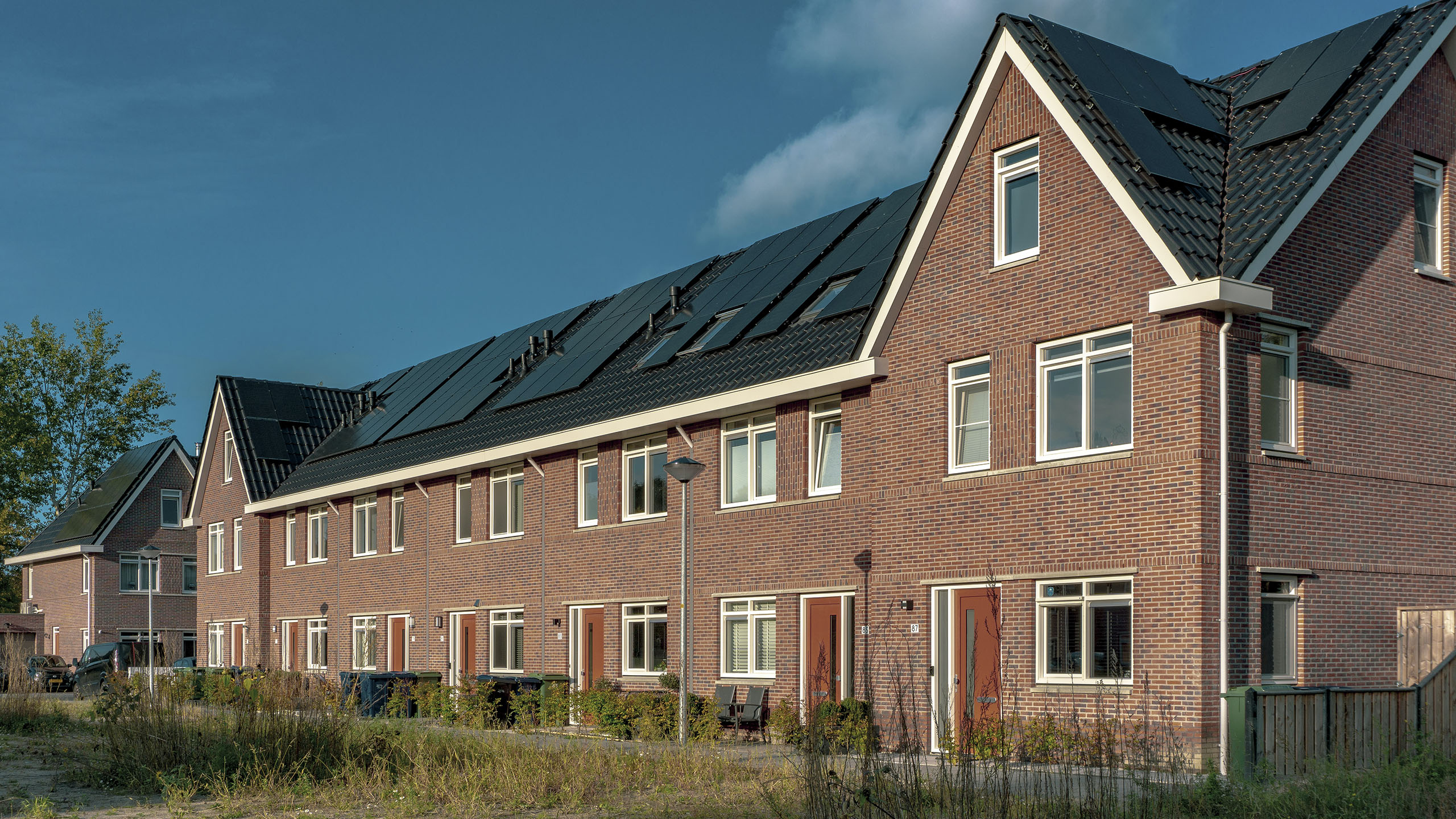Can Solar Panels Power a House on Their Own?
Over the past couple of years, energy costs have skyrocketed, prompting countless homeowners to seek out renewable alternatives like solar power. The ongoing conflict between Russia and Ukraine, coupled with rising living expenses, has highlighted the urgency of finding sustainable energy solutions. Solar energy has emerged as a central player in this shift, driven by both economic necessity and environmental awareness. Solar panels have been around for decades, and you’ve likely noticed them popping up on rooftops in your neighborhood. Many people swear by their ability to power homes, yet others remain hesitant about making the switch. Some common concerns include: Can solar panels run a house solely on sunlight? Is it feasible to go completely off-grid? And given the UK's frequent cloud cover, can solar energy truly meet the needs of a household? Let’s explore these questions along with a few other considerations. Solar power operates in a pretty straightforward manner. Simply put, solar panels generate electricity by capturing photons—particles of light—from the sun using photovoltaic (PV) cells. When photons strike these cells, they knock electrons loose, creating an electric current. This direct current (DC) is then converted into alternating current (AC) by an inverter, which powers various appliances and devices. Modern advancements have made solar systems incredibly efficient, with some setups including battery storage to store excess energy. This allows homes to access stored power during cloudy days or at night, ensuring consistent energy availability regardless of the weather. A standard solar panel typically generates between 250-400 watts of electricity, and a typical UK system consists of 8-12 panels, producing around 2,450 to 3,000 kilowatt-hours (kWh) annually, depending on location and setup. Solar technology has evolved significantly since its introduction in 1954. Today, architects even design buildings with solar power as a core feature. But you're probably wondering... Solar panels can provide a significant portion of a home's energy needs, but powering an entire house solely through sunlight is another matter entirely. On average, a UK household consumes approximately 2,900 kWh of electricity per year. Household energy usage varies based on the number of occupants and the types of appliances used. Most energy consumption occurs during peak hours—early morning and late evening—while solar panels produce the most energy at midday when sunlight is strongest. This mismatch often requires households to rely on battery-stored energy during non-peak hours. Let’s break down the energy demands of some common household items: A solar system can handle many of these needs, particularly for smaller electronics, but powering an entire home independently is often impractical without additional measures like battery storage. This brings us to the next big question... “Off-grid†living refers to self-sufficiency in energy, water, and other resources. While it’s possible in remote areas, achieving complete independence from traditional utilities is rare, especially in urban settings. Most solar installations remain grid-connected to ensure reliable energy supply. Even with solar panels, most homes still depend on the grid during periods of low sunlight. However, advancements in solar technology and battery storage are gradually reducing this reliance. Excess solar energy can be fed back into the grid, and some regions offer net metering programs, allowing homeowners to earn credits on their energy bills. The financial savings from solar panels can be substantial, especially over time. Although the upfront cost may seem high, many find the long-term benefits—including reduced energy bills and potential government incentives—well worth the investment. Despite popular belief, solar panels don’t need direct sunlight to function. Even on cloudy days, they can generate electricity, albeit at a lower rate. Modern battery storage systems address this issue by storing surplus energy generated during sunny periods for use when sunlight is scarce. To maximize the efficiency of your solar panels, consider adopting energy-saving habits such as using energy-efficient appliances and reducing overall consumption. The less energy you use, the less you’ll depend on the grid. In recent years, sustainability has become a top priority for many households. Solar panels not only reduce carbon footprints but also offer financial advantages. By generating electricity for daily use, solar systems contribute to long-term savings on energy bills. With thoughtful management of energy usage, it’s possible to achieve a full return on your investment. If you’re interested in exploring solar power options tailored to your needs, feel free to reach out to our knowledgeable team. Together, we can find the best solution for your home and future-proof your energy supply. Monel Material,Nickel Alloy Sheet,Nickel Copper Alloy Sheet,Monel 400 Steel Pipe Shaanxi Jiade Import And Export Co., Ltd , https://www.jdsteeltube.com
What Exactly Is Solar Power? How Does It Work?
Can Solar Panels Fully Power a House?
Can I Live Off the Grid?
Do Solar Panels Require Constant Sunlight?
Why Is Solar Power Important?